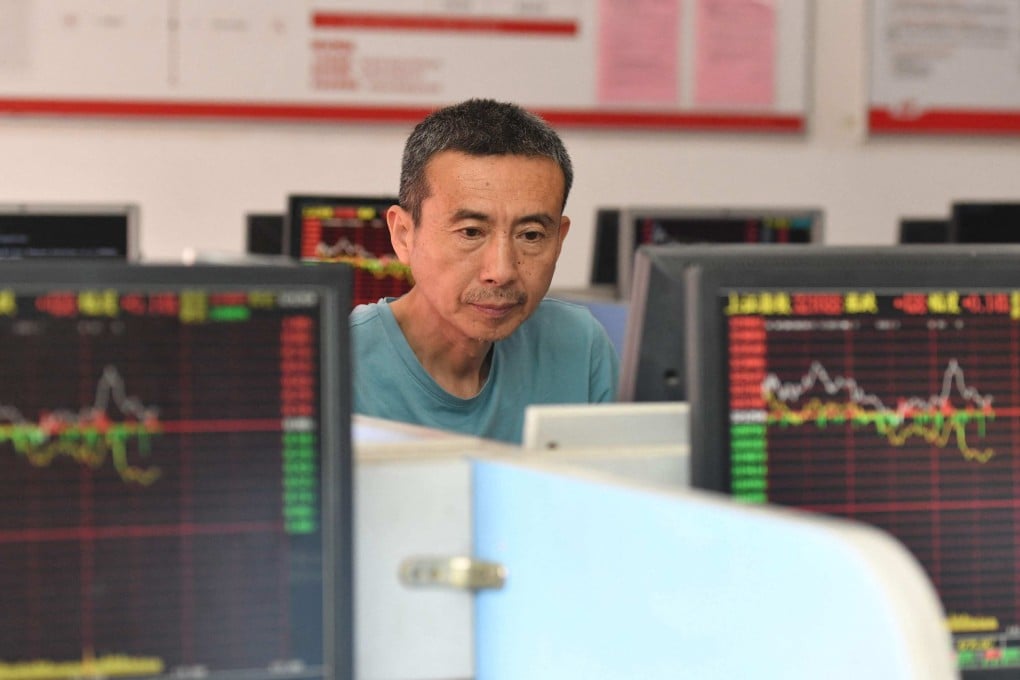Advertisement
Macroscope | 2 unconventional ideas for how to revive China’s flagging economy
- Instead of being unduly cautious about stimulus, Beijing should learn to avoid allocating it to unproductive sectors
- China’s policymakers could also consider relying on the equity market, instead of property, to unleash household wealth
Reading Time:3 minutes
Why you can trust SCMP
5

With the property market in renewed distress, exports succumbing to soft external demand and households reluctant to spend, the Chinese economy is in desperate need of help. Yet, Beijing has so far not come to the economy’s rescue in a substantial fashion, although the seven-day reverse repo rate cut on June 13 could be the start of a more active response.
Unlike in many developed economies, where inflation is substantially above central bank targets, inflation isn’t what is holding Beijing back. On the contrary, China has seen falling factory gate prices and may be on the verge of economy-wide deflation. The price dynamics are therefore aligned with the soft activity in the calls for more policy support.
The real concern is leverage, which increased every time stimulus has been undertaken since the global financial crisis. Beijing’s cautious attitude towards unbridled policy easing is consistent with its desire to keep systemic financial risks at bay.
However, a careful investigation reveals a more complex relationship between stimulus and debt than simple causality.
Changes in leverage – calculated as debt over gross domestic product – are, in fact, more a function of how stimulus is rolled out. If done properly, a productive allocation of resources could in fact bolster output more than debt, leading to what hedge fund founder Ray Dalio calls a “beautiful deleveraging”.
The debt problem in China is, therefore, really a result of stimulus misallocated to unproductive sectors, like property, and should not be seen as a hurdle to policy easing when the economy clearly needs it.
Advertisement
